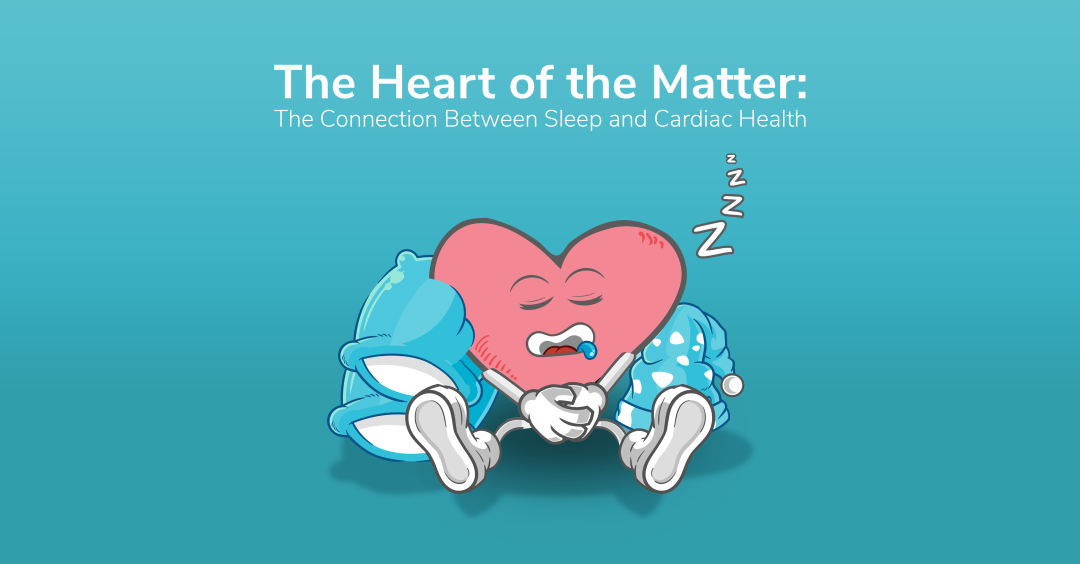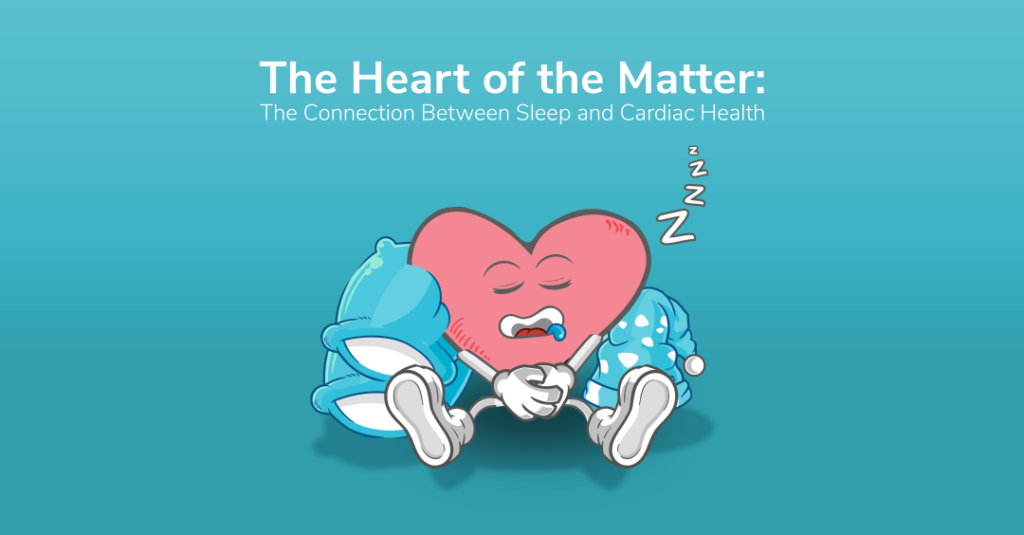
In the landscape of health awareness, heart attacks often come with a stereotype – a man clutching his chest in agony. However, the reality is far more complex, especially for women. The portrayal of heart attacks as a predominantly male concern has led to a dangerous misconception, overshadowing the unique risks women face in this realm. As we delve deeper into this topic, it becomes evident that understanding these distinct risks is paramount for women’s health.
In the United States, heart disease remains the leading cause of death among women, claiming more lives than all forms of cancer combined. While traditional risk factors such as high blood pressure, smoking, and diabetes affect both genders, several emerging risks specifically impact women. Let’s explore five of these newer risk factors and actionable steps to mitigate them:
1. Stress and Mental Health
In today’s fast-paced society, stress has become a ubiquitous companion. However, studies suggest that women may be more susceptible to the adverse effects of stress on heart health.

Chronic stress can elevate blood pressure, contribute to inflammation, and disrupt heart rhythm. To counteract this, carving out time for self-care practices like meditation, yoga, or spending quality time with loved ones can significantly reduce stress levels.
2. Autoimmune Disorders

Conditions like lupus and rheumatoid arthritis, which predominantly affect women, are linked to an increased risk of heart disease. These autoimmune disorders cause inflammation, potentially damaging blood vessels and increasing the likelihood of heart attacks. Managing these conditions through medication, regular check-ups, and a healthy lifestyle can help mitigate this risk.
3. Pregnancy-Related Complications

Pregnancy complications such as gestational diabetes and preeclampsia can signal future heart risks. Women who experience these conditions should undergo regular cardiovascular screenings post-pregnancy and adopt heart-healthy habits like regular exercise and a balanced diet to safeguard their long-term heart health.
4. Polycystic Ovary Syndrome (PCOS)

PCOS, a hormonal disorder common among women of reproductive age, is associated with insulin resistance and obesity, both of which are risk factors for heart disease. Managing PCOS through lifestyle modifications, medication, and regular medical supervision can help mitigate the associated cardiovascular risks.
5. Sleep Disorders

Women are more likely than men to experience sleep disorders like insomnia and sleep apnea. Poor sleep quality and duration have been linked to an increased risk of heart disease. Prioritizing good sleep hygiene, such as maintaining a consistent sleep schedule, creating a relaxing bedtime routine, and optimizing sleep environment, can significantly improve heart health.
In navigating these unique risks, education and proactive measures are paramount. Engaging in open conversations with healthcare providers, staying informed about one’s health status, and advocating for personalized care are essential steps in mitigating heart risks for women. Additionally, fostering a supportive community that encourages healthy lifestyle choices can amplify the impact of individual efforts.

As we strive towards a future where heart disease no longer claims countless lives, it’s imperative to recognize and address the distinct risks faced by women. By empowering women with knowledge, support, and resources, we can collectively rewrite the narrative surrounding heart health, ensuring that every heartbeat resonates with vitality and resilience.
For more informative lifestyle tips, keep visiting The Pink Words !






